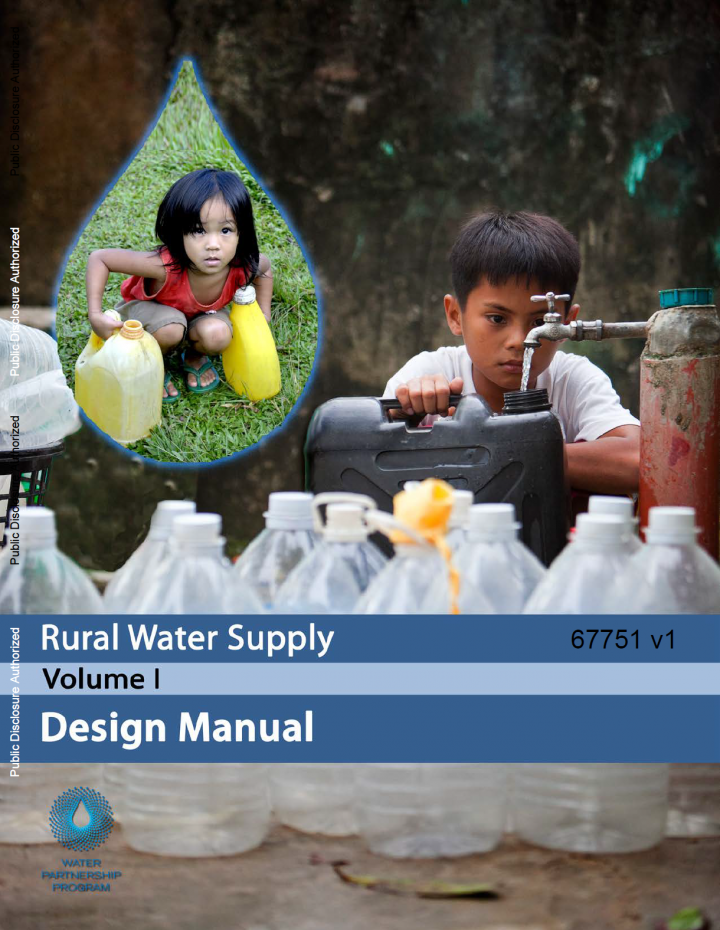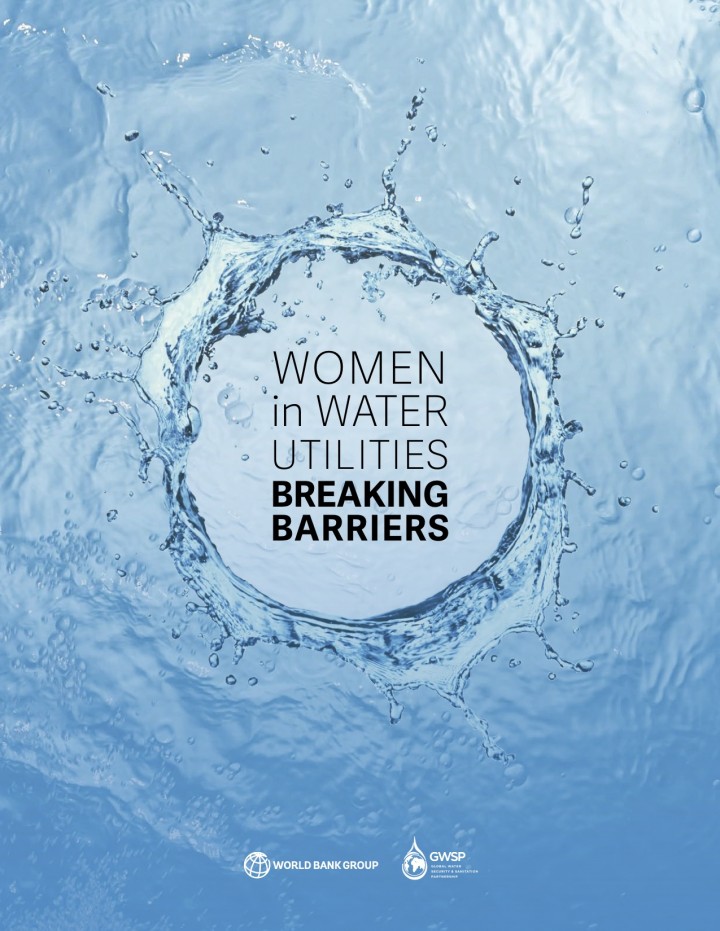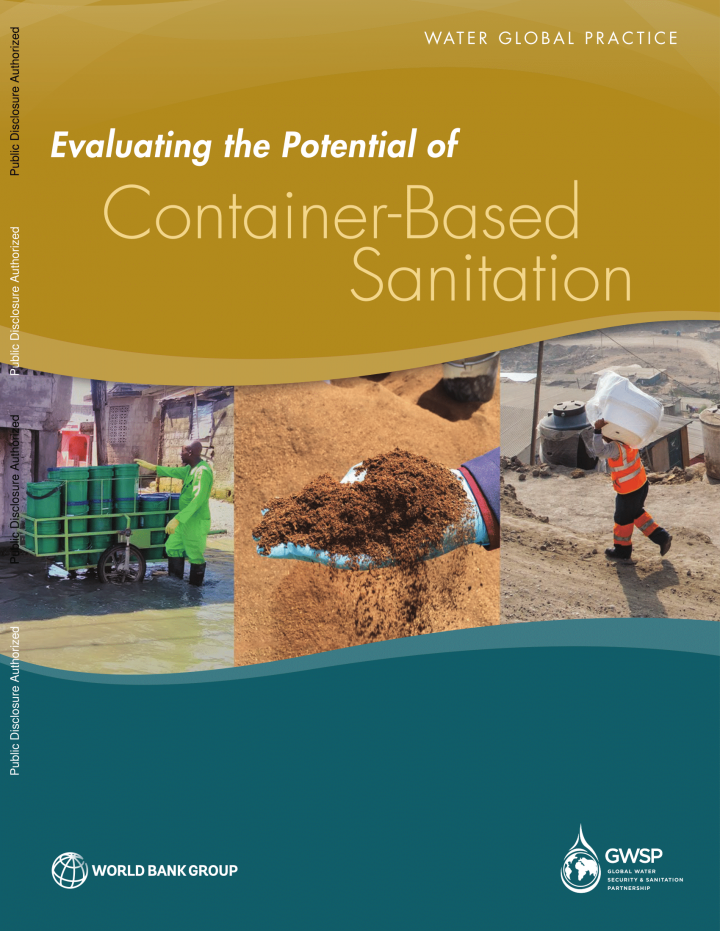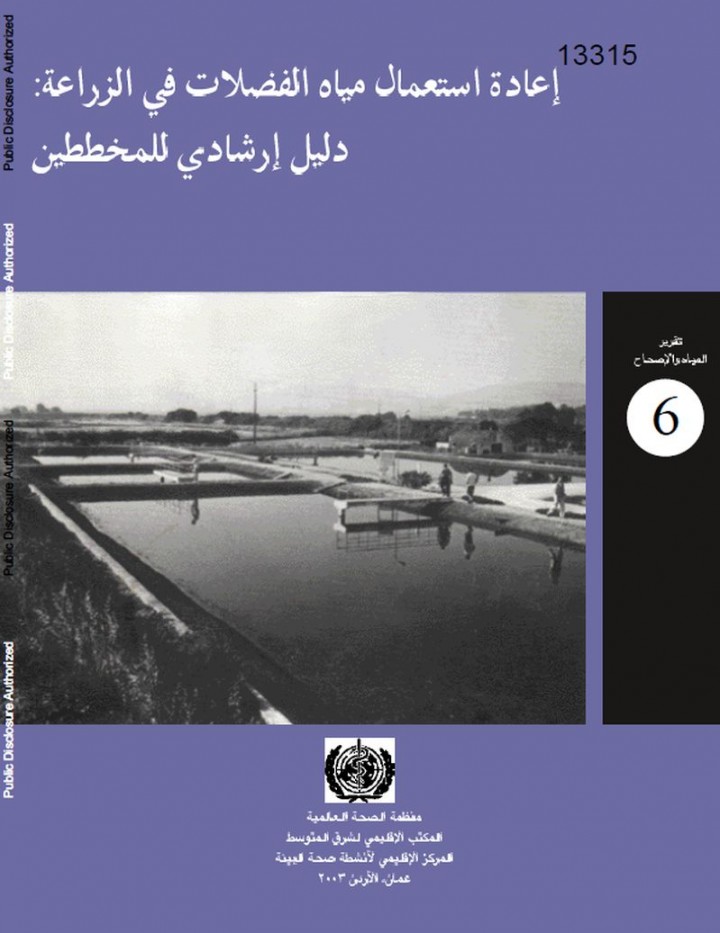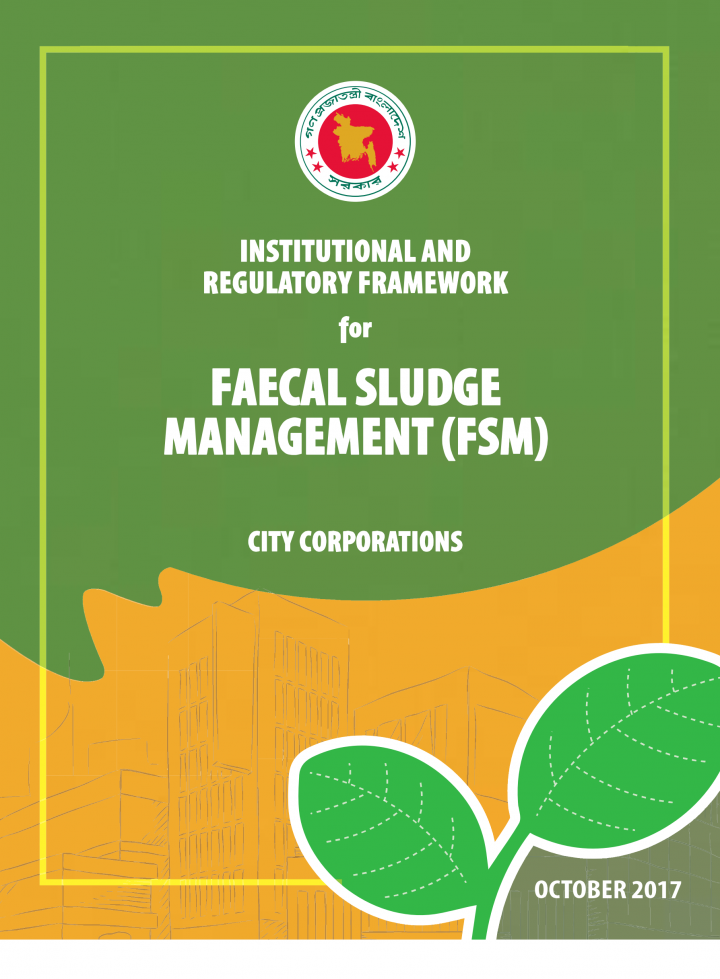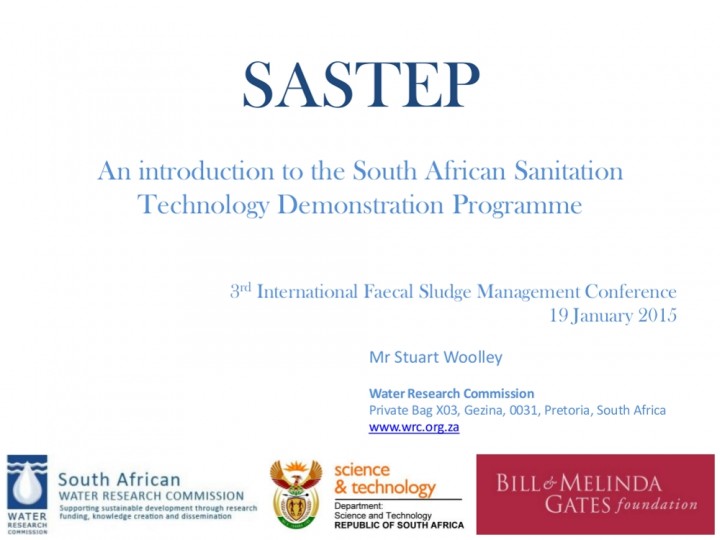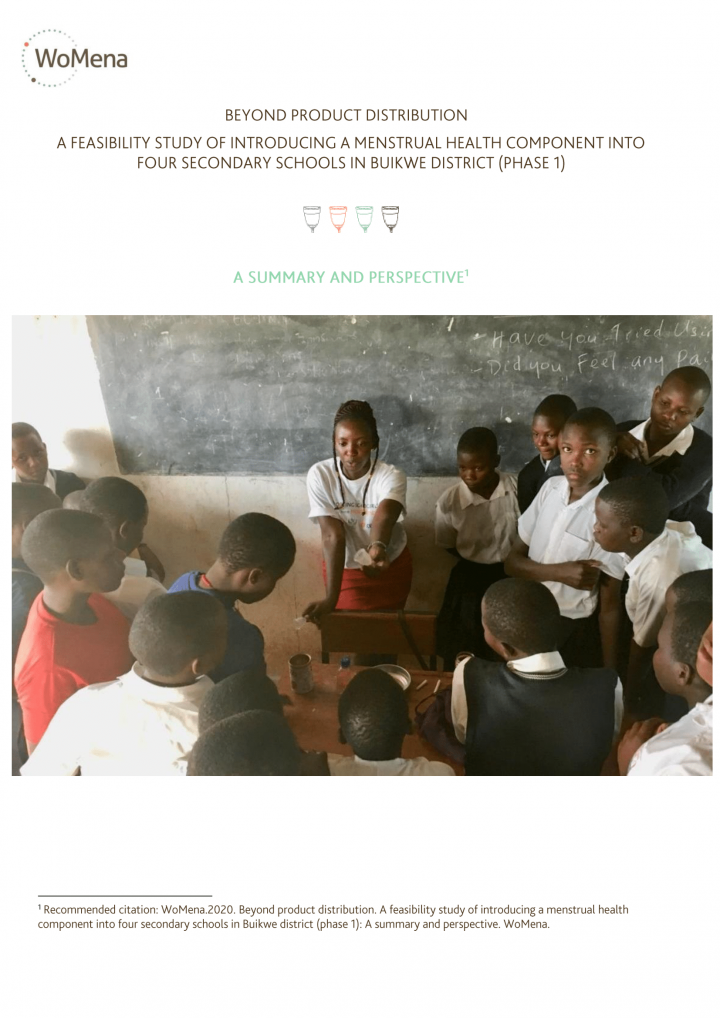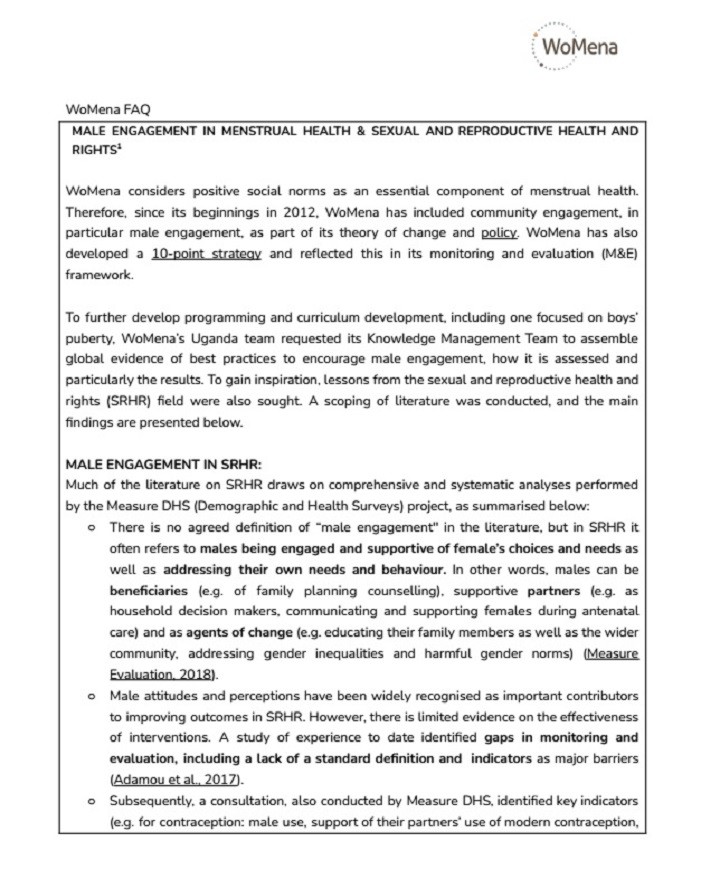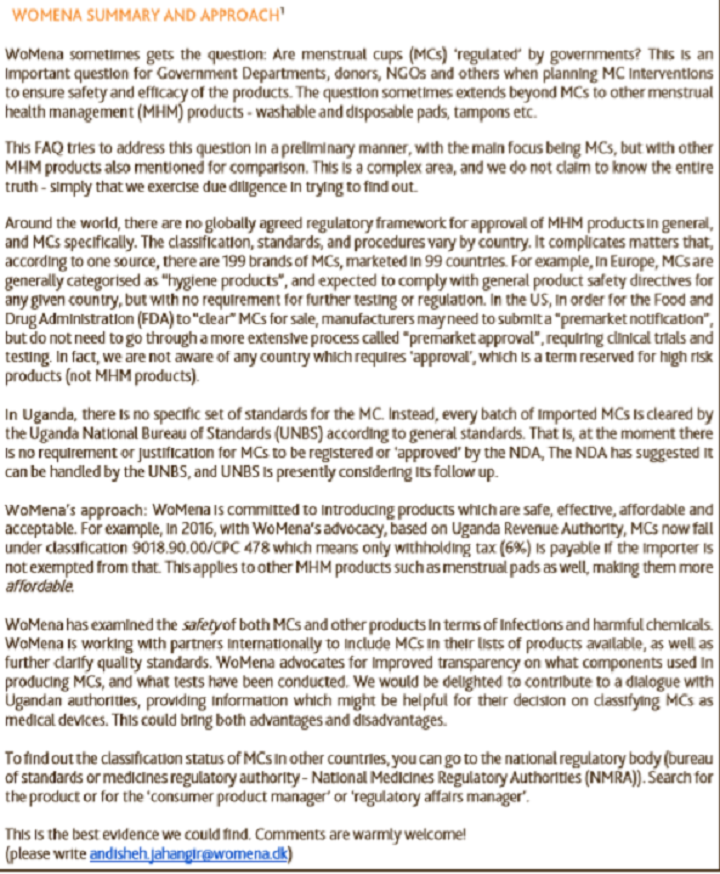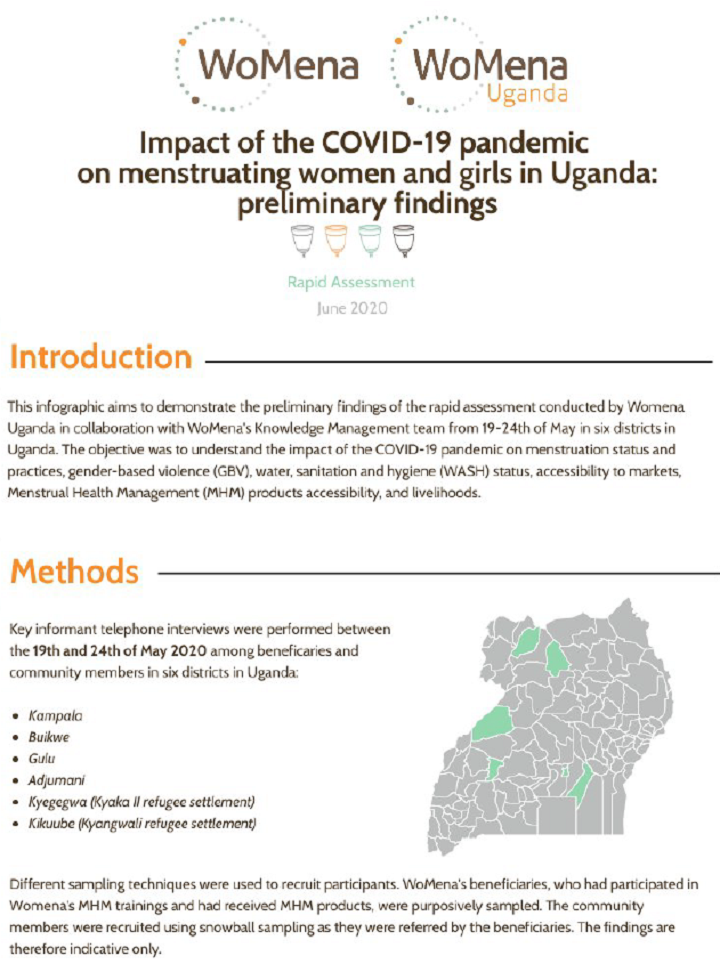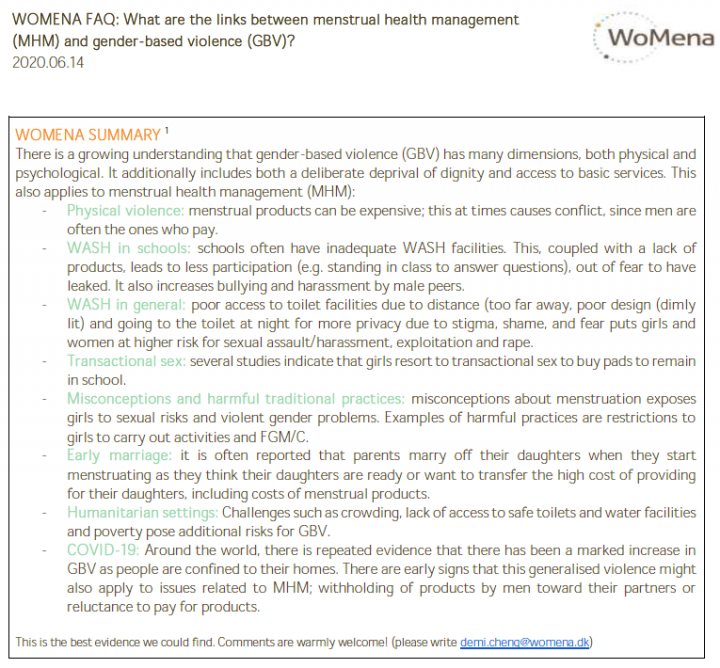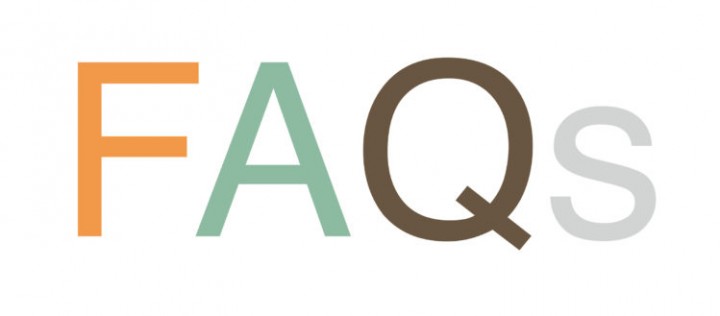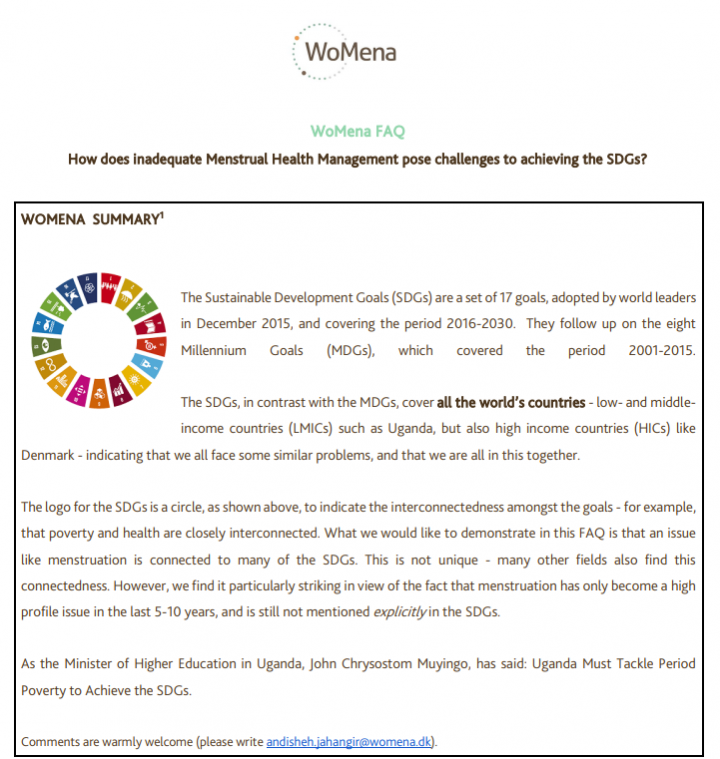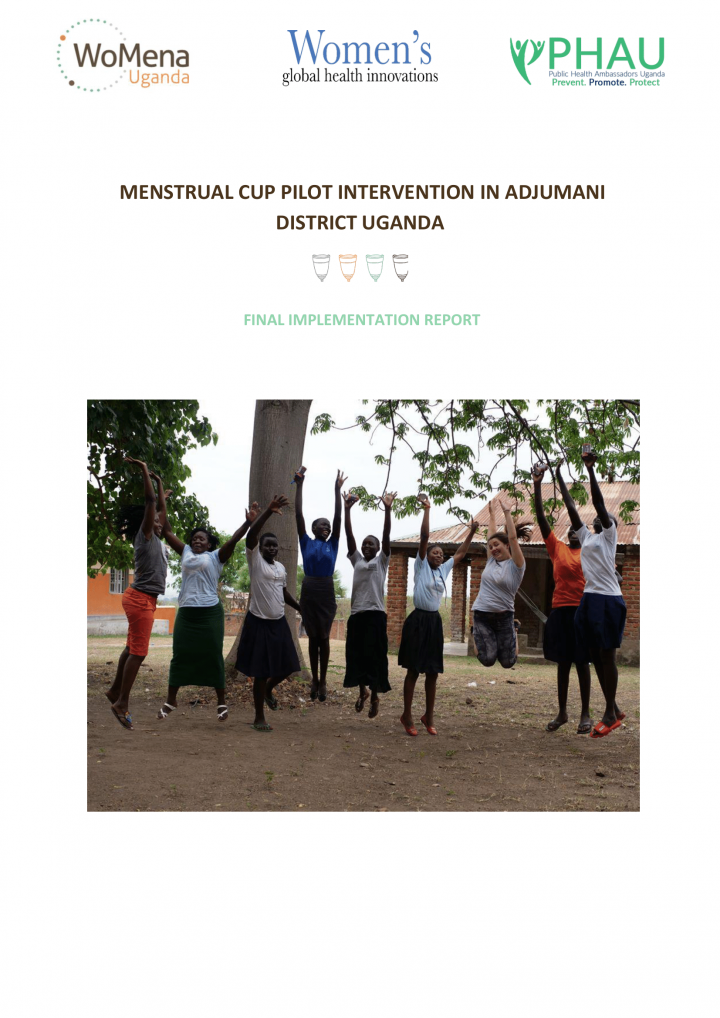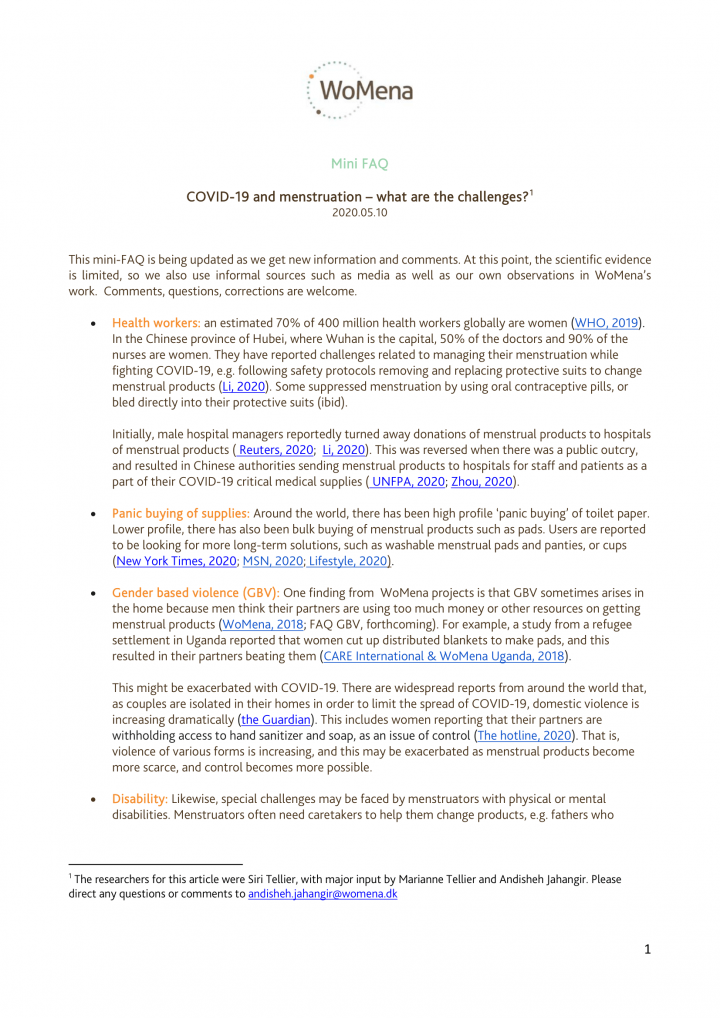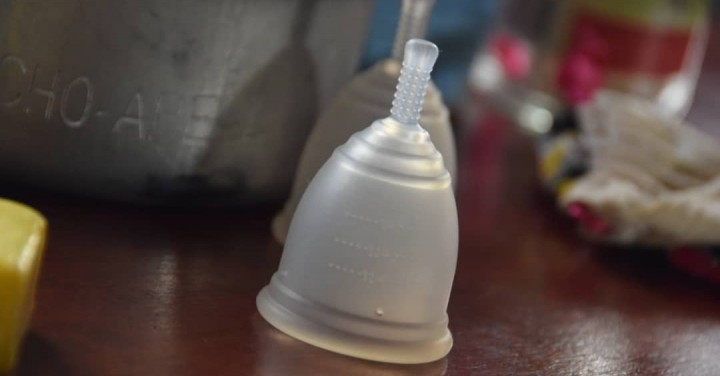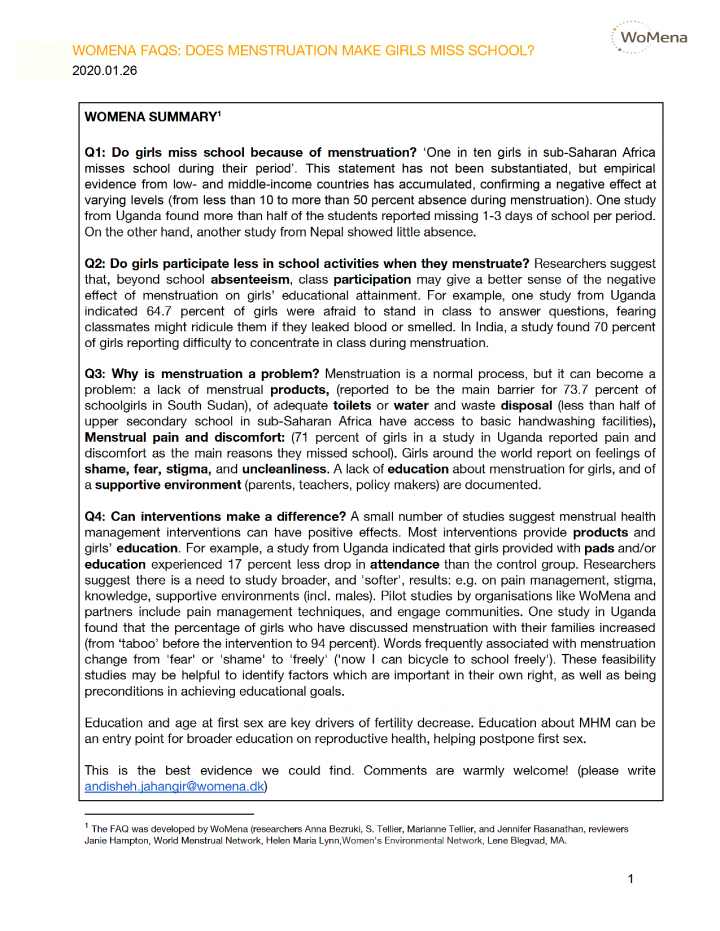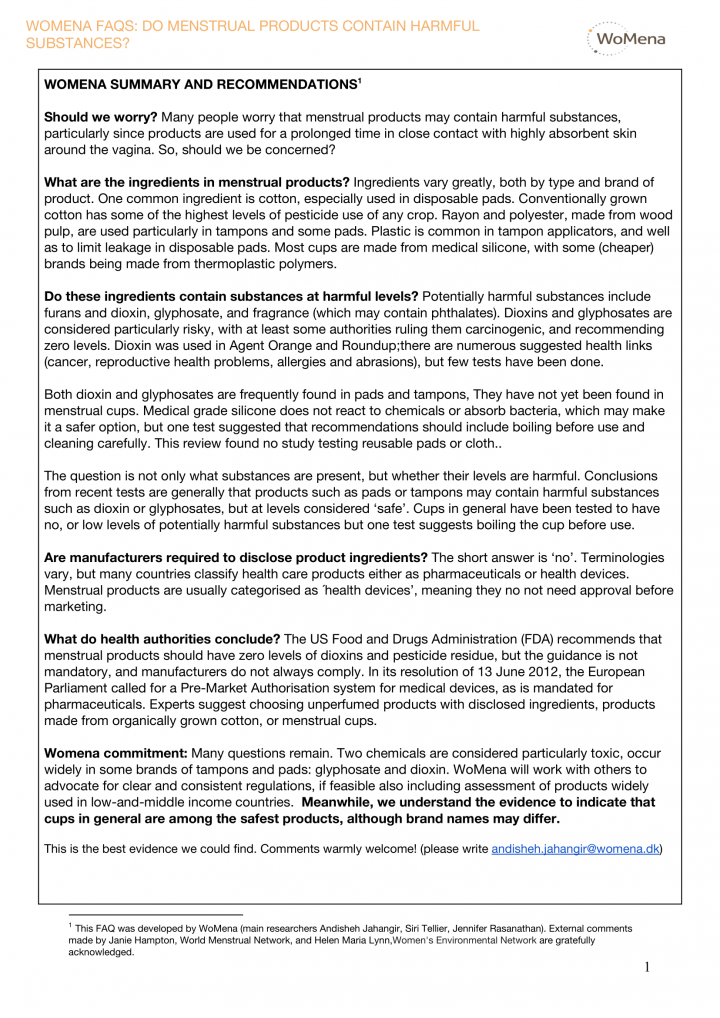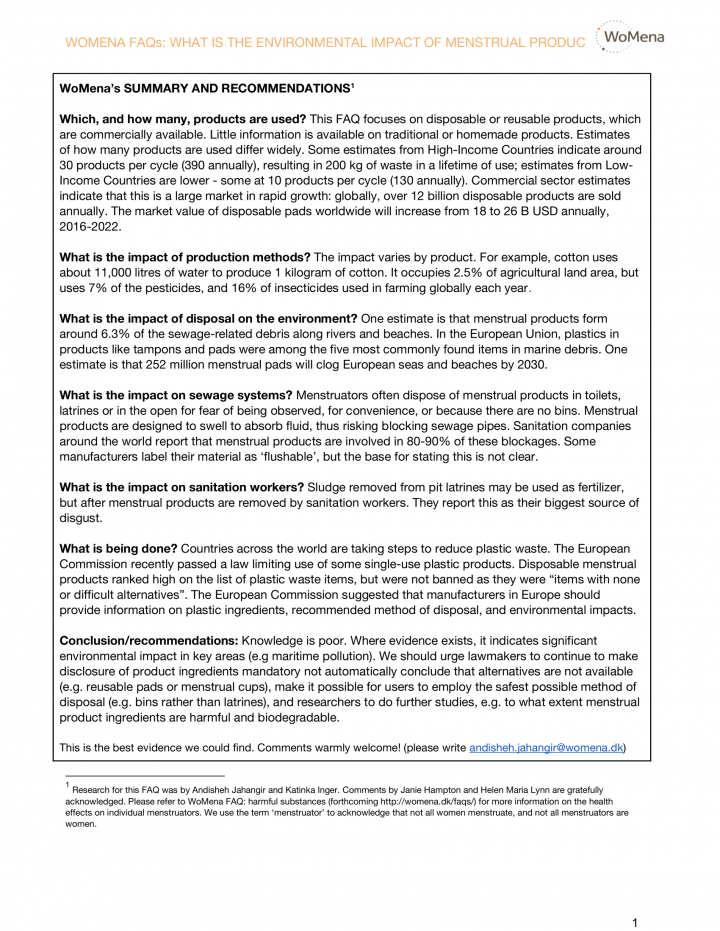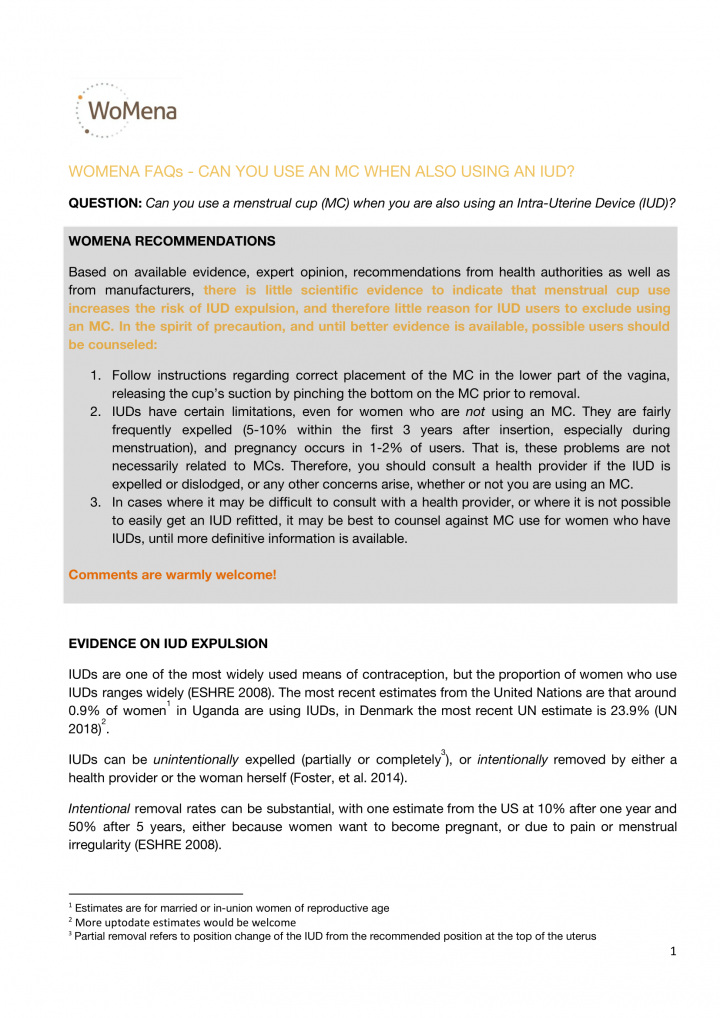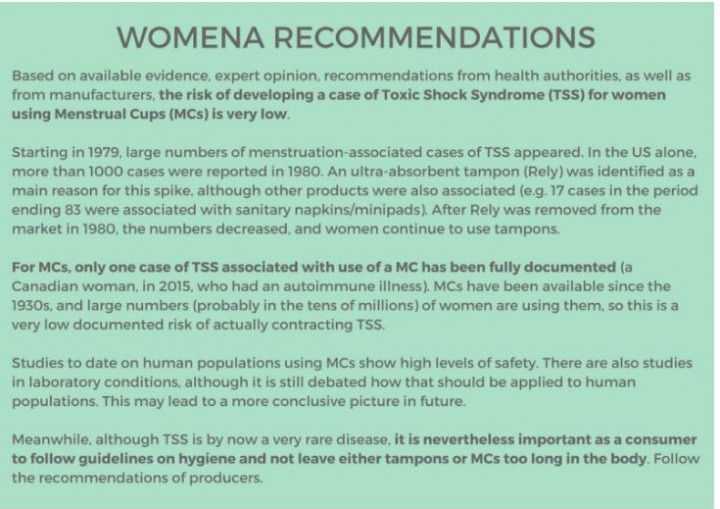Searching for information on Sanitation Workers?
The Sanitation Workers Knowledge + Learning Hub is the best source for all current news, trends, articles and updates on sanitation workers rights around the world.
This RURAL WATER SUPPLY DESIGN MANUAL is the first of three related volumes prepared for the use of prospective and actual owners, operators, managements, technical staff, consultants, government planners and contractors of small Level III and Level II water supply systems in the Philippines.
Its purpose is to introduce the key concepts and considerations involved in the design of small …
The crucial role women play in managing and safeguarding water at the domestic and community level has long been recognized. Across the world, women and girls bear the brunt of collecting water—often from long distances or in harsh conditions—and usually bear responsibility for household hygiene and sanitation needs. What has been less explored is the intersection between water, gender, and …
Utilities can play an important role in reducing and eliminating barriers faced by women. This study presents a first-of-its-kind analysis that aims to heighten understanding of key barriers and bottlenecks that women face in their career in the water sector and identify interventions that water companies can put in place to increase gender diversity in the water workforce. The report draws on …
Urban population growth in many developing countries outpaces gains in improved sanitation access and services. In such circumstances, the traditional approach to urban sanitation, premised on extending sewerage networks and building wastewater treatment (WWT) plants, will not be sufficient to deliver citywide sanitation services for all. Alternative approaches are needed to deliver adequate and …
In Bangladesh, on-site sanitation is prevalent throughout the country except for a small portion in Dhaka city, and the huge quantity of faecal sludge generated in septic tanks and pits (of pit/ pour-flush latrines) is inaptly managed. Lack of Faecal Sludge Management (FSM) services is causing severe environmental pollution, particularly in urban areas, affecting both public health and economy. …
Globally, more than a billion people—approximately 15 percent of the world’s population, or one in seven persons—have disabilities. Of those, 80 percent live in developing countries. This number is expected to increase as the prevalence of disability is impacted by disease, war and conflict, natural disasters, and road traffic injuries, among other factors. In addition, persons over the age …
EXECUTIVE SUMMARY
In Sub-Saharan Africa (SSA), menstrual health is often considered a taboo and many girls and women lack access to safe and appropriate menstrual health management (MHM) products. This can have far-reaching implications for women and girls’ physical, social and mental wellbeing, as well as for their sexual reproductive health and rights. These MHM issues are often further …
WoMena considers positive social norms as an essential component of menstrual health. Therefore, since its beginnings in 2012, WoMena has included community engagement, in particular male engagement, as part of its theory of change and policy. WoMena has also developed a 10-point strategy and reflected this in its monitoring and evaluation (M&E) framework.
Much of the literature on SRHR draws …
WoMena Summary and Approach
WoMena sometimes gets the question: Are menstrual cups (MCs) ‘regulated’ by governments? This is an important question for Government Departments, donors, NGOs and others when planning MC interventions to ensure safety and efficacy of the products. The question sometimes extends beyond MCs to other menstrual health management (MHM) products – washable and …
WoMena Uganda conducted a rapid assessment in collaboration with WoMena’s Knowledge Management team in six districts in Uganda to understand the impact of the COVID-19 pandemic on menstruating girls and women. The infographic shows the assessment’s preliminary findings on menstruation status and practices, gender-based violence (GBV), water, sanitation and hygiene (WASH) status, accessibility …
WoMena SUMMARY [1]
There is a growing understanding that gender-based violence (GBV) has many dimensions, both physical and psychological. It additionally includes both a deliberate deprival of dignity and access to basic services. This also applies to menstrual health management (MHM):
Physical violence: menstrual products can be expensive; this at times causes conflict since men are often …
Menstruation is connected to many of the Sustainable Development Goals (SDGs). This is not unique – many other fields also find this connectedness. However, we find it particularly striking in view of the fact that menstruation has only become a high profile issue in the last 5-10 years, and is still not mentioned explicitly in the SDGs.
In Uganda approximately 86% of South Sudanese refugee arrivals are women and children (UNHCR, 2017a). Globally, girls and women often lack the ability to manage their menstruation with dignity due to lack of adequate and private facilities, safe, acceptable and accessible menstrual health products and knowledge, which can be further exacerbated during conflict and displacement. Menstrual health …
This mini-FAQ is being updated as we get new information and comments. At this point, the scientific evidence is limited, so we also use informal sources such as media as well as our own observations in WoMena’s work. Comments, questions, corrections are welcome.
WoMena’s contribution: WoMena works in a wide range of contexts in Uganda, including refugee settlements. In the COVID-19 …
WoMena receives many questions from the women and girls we reach out to, from our trainers and our partners. Therefore, the team collect a series of questions and answers regarding topics like Menstrual Cups functionality, maintenance, health & safety, economy, and other concerns.
WoMena periodically update the questions and answers.
Q1: Do girls miss school because of menstruation? ‘One in ten girls in sub-Saharan Africa misses school during their period’. This truism has not been substantiated, but empirical evidence from low- and middle-income countries has accumulated, confirming a negative effect at varying levels (from less than 10 to more than 50 percent absence during menstruation). One study from Uganda found …
The purpose of this meeting was to share research updates about Menstrual Health Management
(MHM) and experiences about the implementation of the menstrual cup (MC) as an innovative MHM
solution in East Africa.
The objectives were:
1. To promote the sharing of evidence in Uganda to improve MHM across East Africa.
2. To create a platform for dialogue amongst stakeholders working in MHM in …
Should we worry? Many people worry that menstrual products may contain harmful substances, particularly since products are used for a prolonged time in close contact with highly absorbent skin around the vagina. So, should we be concerned?
What are the ingredients in menstrual products? Ingredients vary greatly, both by type and brand of product. One common ingredient is cotton, especially …
WoMena’s SUMMARY AND RECOMMENDATIONS
Which, and how many, products are used?
This FAQ focuses on disposable or reusable products, which are commercially available. Little information is available on traditional or homemade products. Estimates of how many products are used differ widely. Some estimates from High-Income Countries indicate around 30 products per cycle (390 annually), …
WOMENA RECOMMENDATIONS
Based on available evidence, expert opinion, recommendations from health authorities as well as from manufacturers, there is little scientific evidence to indicate that menstrual cup use increases the risk of IUD expulsion, and therefore little reason for IUD users to exclude using an MC. In the spirit of precaution, and until better evidence is available, possible users …
WOMENA RECOMMENDATIONS
The risk of developing Toxic Shock Syndrome (TSS) for women using Menstrual Cups (MCs) is very
low.
In 1979-80, large numbers of menstruation-associated cases of TSS appeared. In the US alone, more than 1000 cases were reported in 1980. An ultra-absorbent tampon (Rely) was identified as a main reason for this spike, but many other products were also associated, for …
In the communities where WoMena works, girls and women frequently ask about menstrual irregularities. Clearly, they are concerned, both about their general health, and their fertility. Irregularities take many forms - age at onset of menarche or menopause, length of cycle, amount of bleeding, menstrual pain and discomfort, as well as bleeding outside the cycle.
Menstrual patterns vary greatly …

